The Methodology of Experimental Economics
The experimental approach in economics is a driving force behind some of the most exciting developments in the field. The 'experimental revolution' was based on a series of bold philosophical premises which have remained until now mostly unexplored. This book provides the first comprehensive analysis and critical discussion of the methodology of experimental economics, written by a philosopher of science with expertise in the field. It outlines the fundamental principles of experimental inference in order to investigate their power, scope and limitations. The author demonstrates that experimental economists have a lot to gain by discussing openly the philosophical principles that guide their work, and that philosophers of science have a lot to learn from their ingenious techniques devised by experimenters in order to tackle difficult scientific problems.
{{comment.content}}

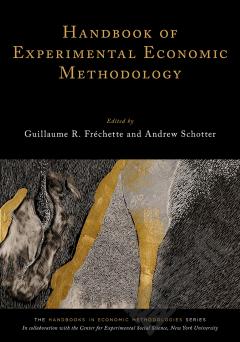
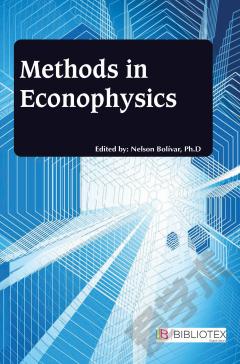
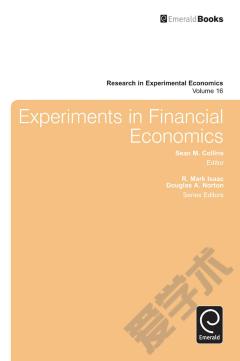

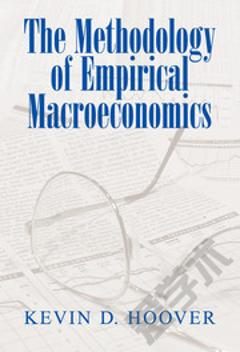
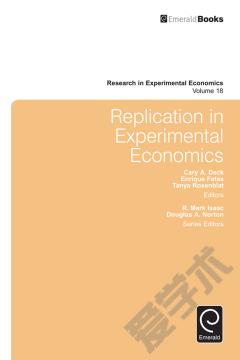

 京公网安备 11010802027623号
京公网安备 11010802027623号